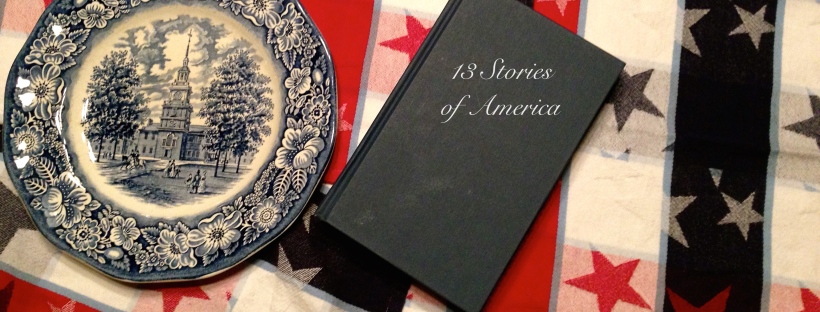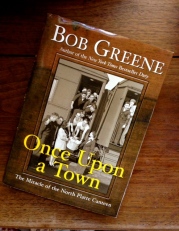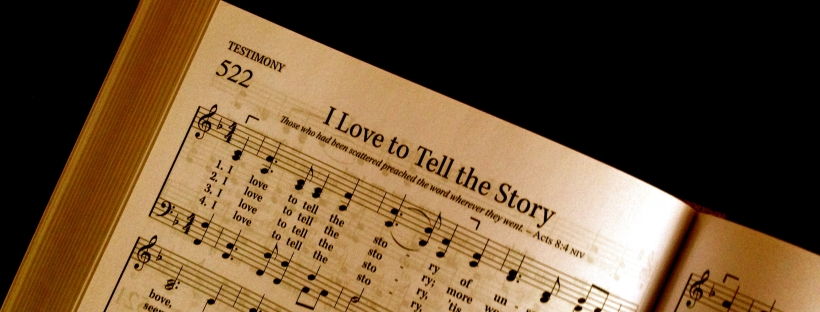Lynn sat on the shore of Lake Superior, musing over her visit to the Raspberry Island Lighthouse.
Built in 1863, this lighthouse guided sailors along the Apostle Islands in Lake Superior. Lynn had soaked in the stories along with the sun and Superior breezes. She could have gone without the biting flies. Must bring insect repellant next time.
Nasty insects aside, it had been a lovely excursion. The lively guide had given her several nuggets to think about, but at this moment she wondered what the lighthouse would say if it could speak for itself. Inhabited by light keepers (during the shipping season) and often their families and guests for over eighty years, surely the walls could share quite the history lesson. Perhaps a dramatic comedy. Also, Lynn realized, a tragedy or two. What were the breakfast conversations? Did the light keeper grumble when his assistants didn’t hold up to his own work ethic? How did the children spend their time on an island that was practically their own world? Did they wake during the night to make sure the light was still shining like their father did?
Maybe she could find a book of the stories to take home.
Lynn watched the soft waves come in to shore, their lapping the backdrop to her thoughts. What scenes of life would the walls of her own home share if given the opportunity? They are always watching after all.
Lynn closed her eyes and smiled. God is always watching, too, beyond the four walls of my home, even in the remote places like this breathtaking bay in the greatest Great Lake.
“The eyes of the Lord are in every place, keeping watch on the evil and the good.” (Proverbs 15:3, ESV)
“If I take the wings of the morning and dwell in the uttermost parts of the sea, even there your hand shall lead me, and your right hand shall hold me.” (Psalm 139:9-10, ESV)









